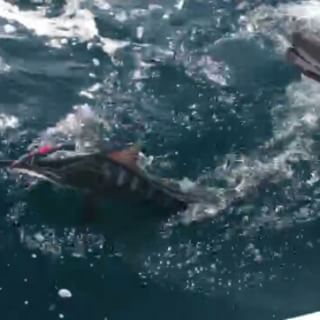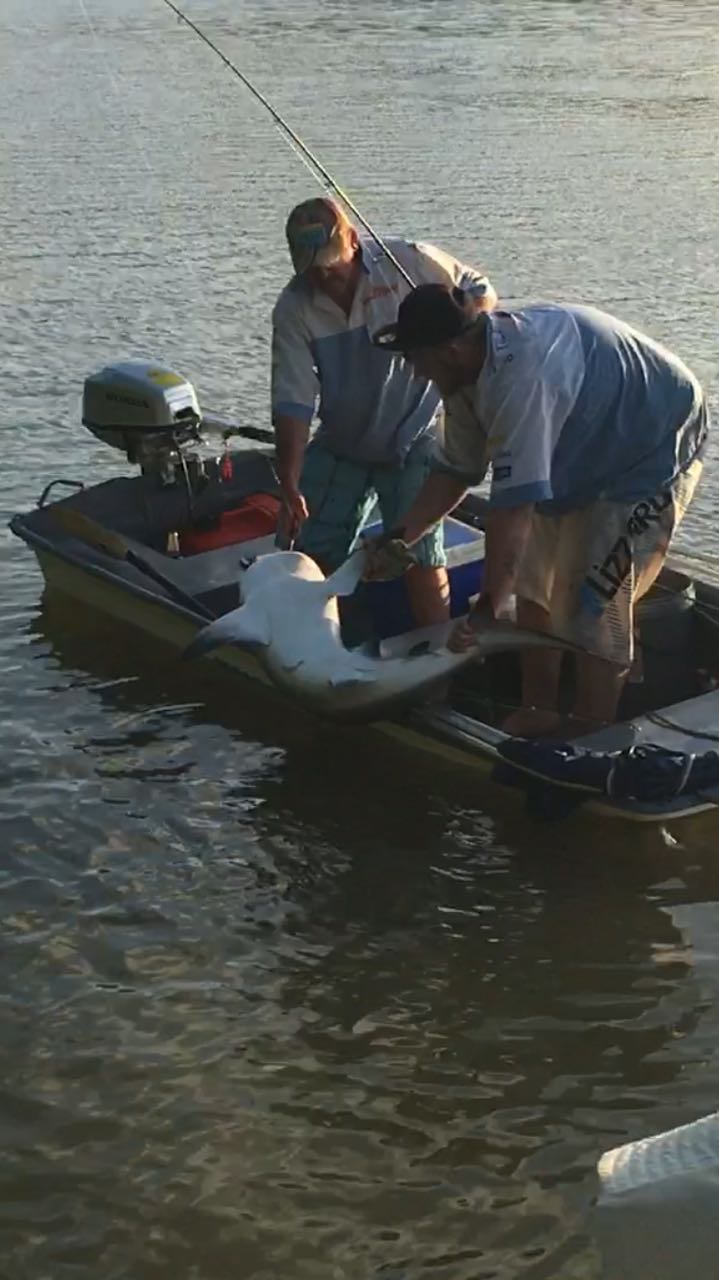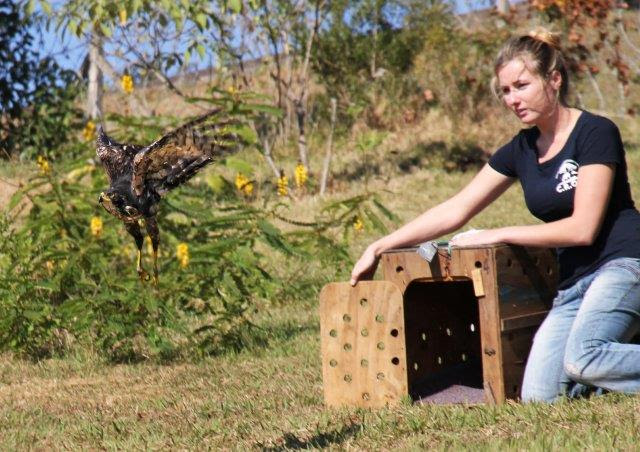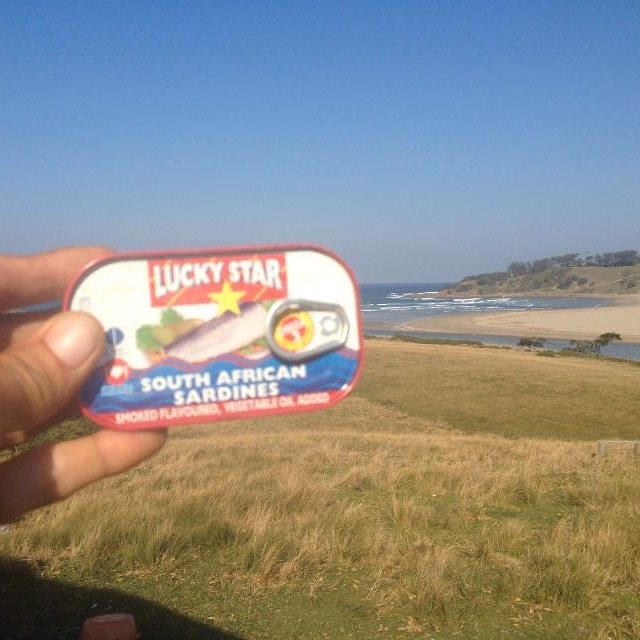Great White caught on GoPro
Great White caught on GoPro Well this is worth a watch! Some serious gonads as this healthy and inquisitive killing machine makes several approaches to an amazingly calm spearfisherman. The dude holds his ground magnificently as the huge fish appears out of the gloom like some sort of sinister submarine. The more you watch this … Read more




